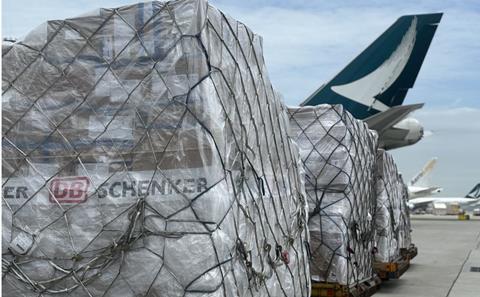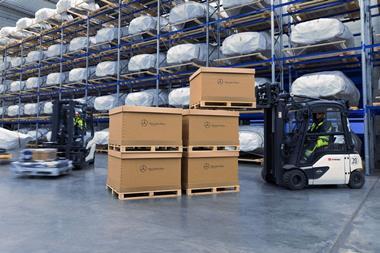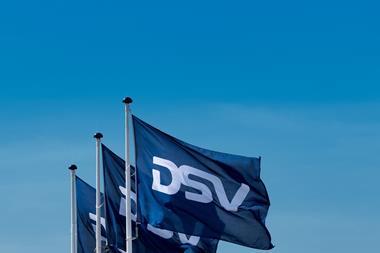
DB Schenker has become the largest contributor to Cathay Pacific's Sustainable Aviation Fuel (SAF) programme.
The German forwarder has committed to buy 878 tonnes of SAF from the airline as part of its largest deal to date.
The SAF used for the arrangement with DB Schenker is derived from waste cooking oil and animal fats.
Cathay Pacific said the deal would offset 2,600 tonnes in CO2 emissions.
The airline has committed to 10% of its fuel needs being derived from SAF by 2030.
As part of the programme, the airline issues members with documentation to prove their Scope 3 emissions reductions from their flights using SAF.
Depending on the fuel’s feedstock and production process, SAF can offset greenhouse gas emissions by more than 80% on a life-cycle basis compared to conventional jet fuel, the airline said.
Thorsten Meincke, global board member for air and ocean freight at DB Schenker, said: "By partnering with Cathay Pacific on SAF, we are reinforcing our sustainability commitment and leadership in the skies.
"The collaboration underlines our environmental stewardship in air cargo and supports the global push for SAF by increasing demand for it across more regions across the globe, which will ultimately contribute to a more sustainable future."
The airline's SAF programme was established in 2022 and enables members to purchase SAF for uplift on Cathay Pacific and Cathay Cargo flights, from Hong Kong and other ports on the network.
The Cathay Group also recently signed a memorandum of understanding with Singapore Airlines to collaborate on a variety of initiatives to promote the development and take-up of SAF in the Asia Pacific region.
Cathay director cargo Tom Owen said: “We are delighted to welcome DB Schenker as the newest member of the Cathay Corporate SAF Programme – and the biggest contributor to date. It is great to have this level of support from such an important player in the air cargo industry to work with us in decarbonising aviation."
https://www.aircargonews.net/policy/environment/cathay-pacific-cargo-introduces-carbon-offset-programme/














